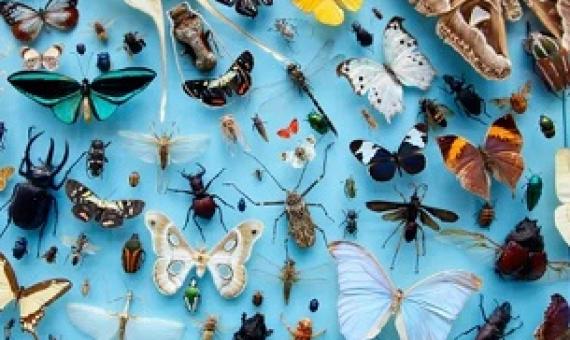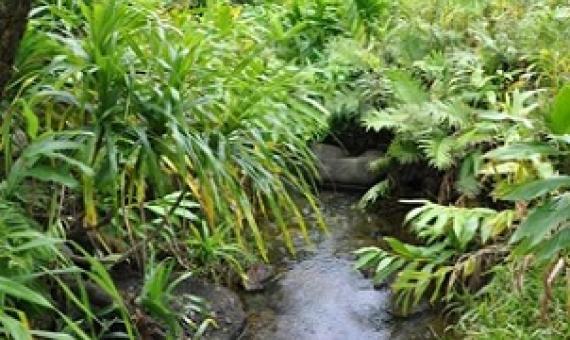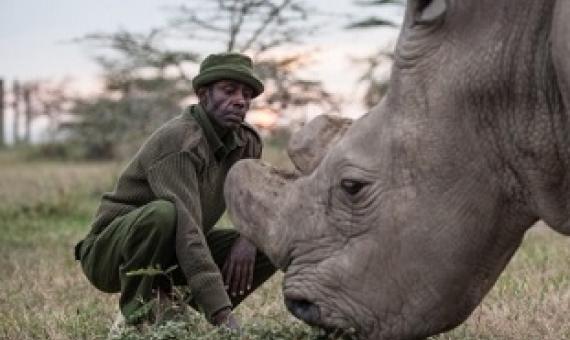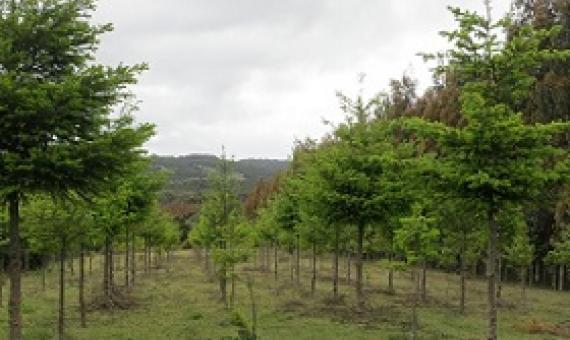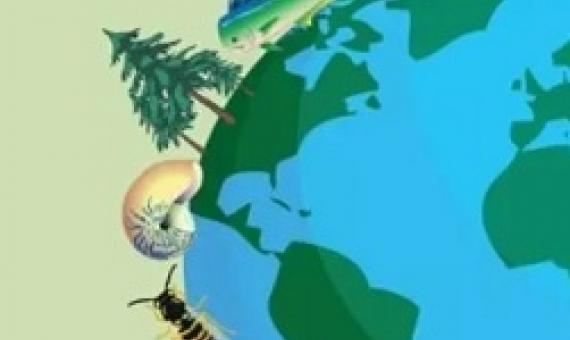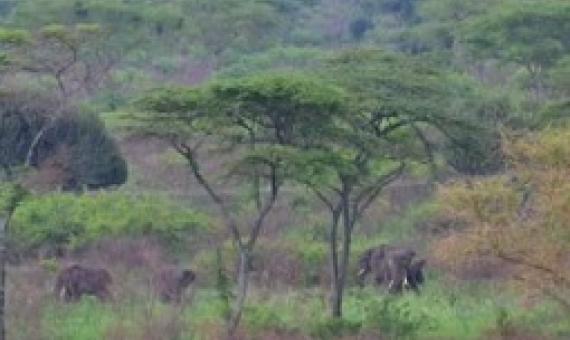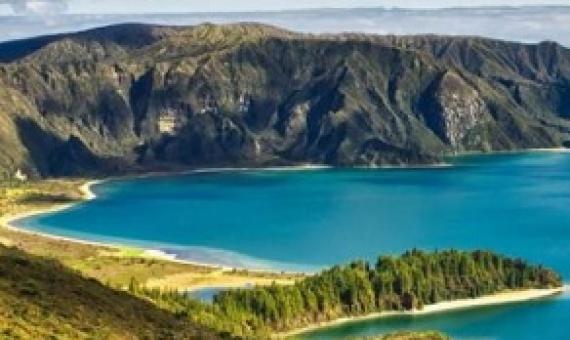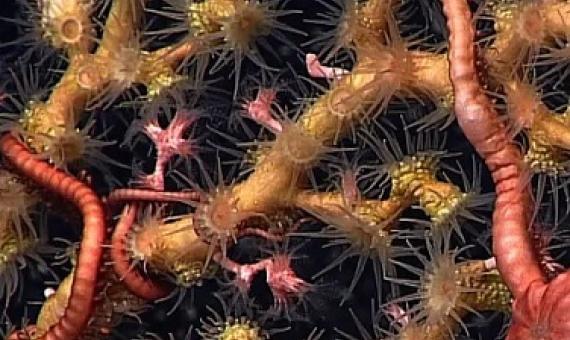A plan to create the first universally recognised list of species on Earth has prompted hopes of an end to centuries of disagreement and confusion over how to classify the world’s library of life...Researchers hope a single recognised list would improve global efforts to tackle biodiversity loss,
Strict targets are urgently needed to reduce biodiversity loss in nine sectors where the financial sector is exposed through loans, investments or underwriting activities, according to a report by The United Nations Environment Programme and the Natural Capital Finance Alliance...Banks, investors
Next year, all eyes will be on Kunming, China, as talks resume on a new set of global goals to protect biodiversity. These are much needed, because most of the existing 20 targets, which were set in 2010 in Aichi, Japan, have failed to make an impact on the rate of biodiversity loss.
Campaigns to plant huge numbers of trees could backfire, according to a new study that is the first to rigorously analyze the potential effects of subsidies in such schemes.
Recent lockdown has taught us the importance of biodiversity. It has proved that we may live without luxury but cannot live without basic need. Our nature has everything for us but in spite of that we are destroying our nature.
Biodiversity policy beyond economic growth
Increasing evidence—synthesized in this paper—shows that economic growth contributes to biodiversity loss via greater resource consumption and higher emissions. Nonetheless, a review of international biodiversity and sustainability policies shows that the majority advocate economic growth. Since improvements in resource use efficiency have so far not allowed for absolute global reductions in resource use and pollution, we question the support for economic growth in these policies, where inadequate attention is paid to the question of how growth can be decoupled from biodiversity loss.
Developers may struggle to find enough land to offset the biodiversity impacts of future development, according to a University of Queensland study. UQ's Dr. Laura Sonter said the challenges were evident worldwide and could significantly limit the ability to achieve global conservation goals.
A warming global climate could cause sudden, potentially catastrophic losses of biodiversity in regions across the globe throughout the 21st century, finds a new UCL-led study.
Nature Map Explorer provides a set of integrated global maps on biodiversity and ecosystems services, including carbon, based on the best available scientific data.
Sir David Attenborough has urged governments to ban deep sea mining, following a study warning of “potentially disastrous” risks to the ocean’s life-support systems if it goes ahead.

